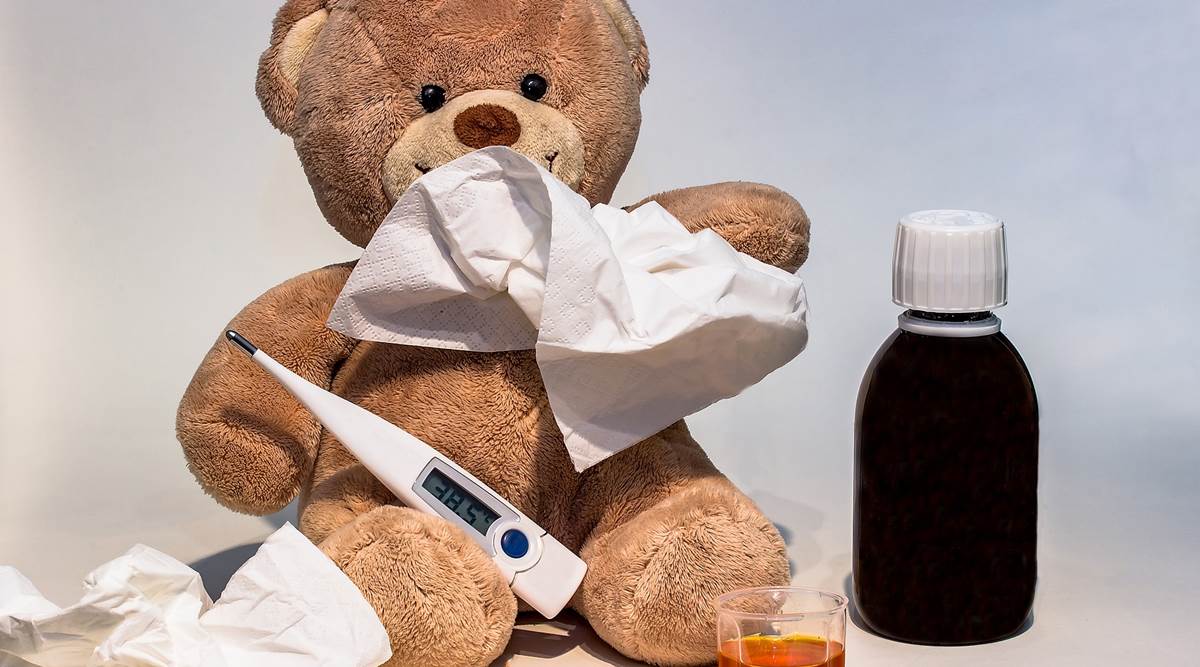Here are some winter dos and don’ts for your child’s health
As parents, you must make sure you inculcate good hygiene practices like washing of hands and coughing into a tissue

By Dr Sreenath Manikanti
Respiratory ailments are the most common cause of illness in children. And winter provides the ideal environment for the pathogens to easily spread, thus predisposing kids to acute respiratory infections.
Here are some common myths:
Myth: Kids need antibiotics every time they have a runny nose.
Fact: No antibiotics are required, as the majority of respiratory illnesses are due to cold and flu viruses. Unnecessary antibiotics can lead to overdosage and antibiotic resistance in the community.
Myth: Kids can catch a cold from playing in cold weather without a jacket.
Fact: Flu and cold are caused by viruses, not cold weather, so they can still play without catching a cold.
Myth: You can get the flu from a flu vaccine.
Fact: This is not possible as the flu vaccine is made from dead pathogens.
Myth: Extra vitamins and minerals can keep kids from getting sick in the winter.
Fact: Even though kids taking in lots of vitamins and minerals are said to have high immunity, they are still likely to catch a cold or flu during winter.
Some preventive measures:
* Inculcate good hygiene practices like washing of hands and coughing into a tissue.
* Avoid people who have a cold or flu.
* Avoid crowded places.
* Getting a flu shot every year.
Being prepared:
Sometimes, conventional methods are not enough to prevent some conditions also triggered by winter, such as:
– Dry skin: Cold, dry air during winter can cause dry and itchy skin. Applying moisturiser and lip balm can prevent and also treat dry skin.
– Asthma: Cold weather can cause asthma attacks, which is why asthma relief medicines are necessary to carry along. If the asthma worsens, it may be time to use asthma preventing medicine.
– Nosebleeds: Due to dry and cold air, the mucous membranes in the nostrils may dry up, which makes the nose bleed. Nosebleeds can be prevented by moisturising the nose with saline water or steam. Nosebleeds can also be caused by sinus infections, colds and mechanical damage to the nose.
There are, however, some signs that require immediate medical attention:
* Fever with rash
* Fast breathing or trying hard to breathe
* Difficulty in waking up
* Bluish skin colour
* Inability to eat or drink
(The writer is a senior consultant neonatologist & HOD, Fortis La Femme Hospital, Richmond Road, Bangalore)
Source: Read Full Article



